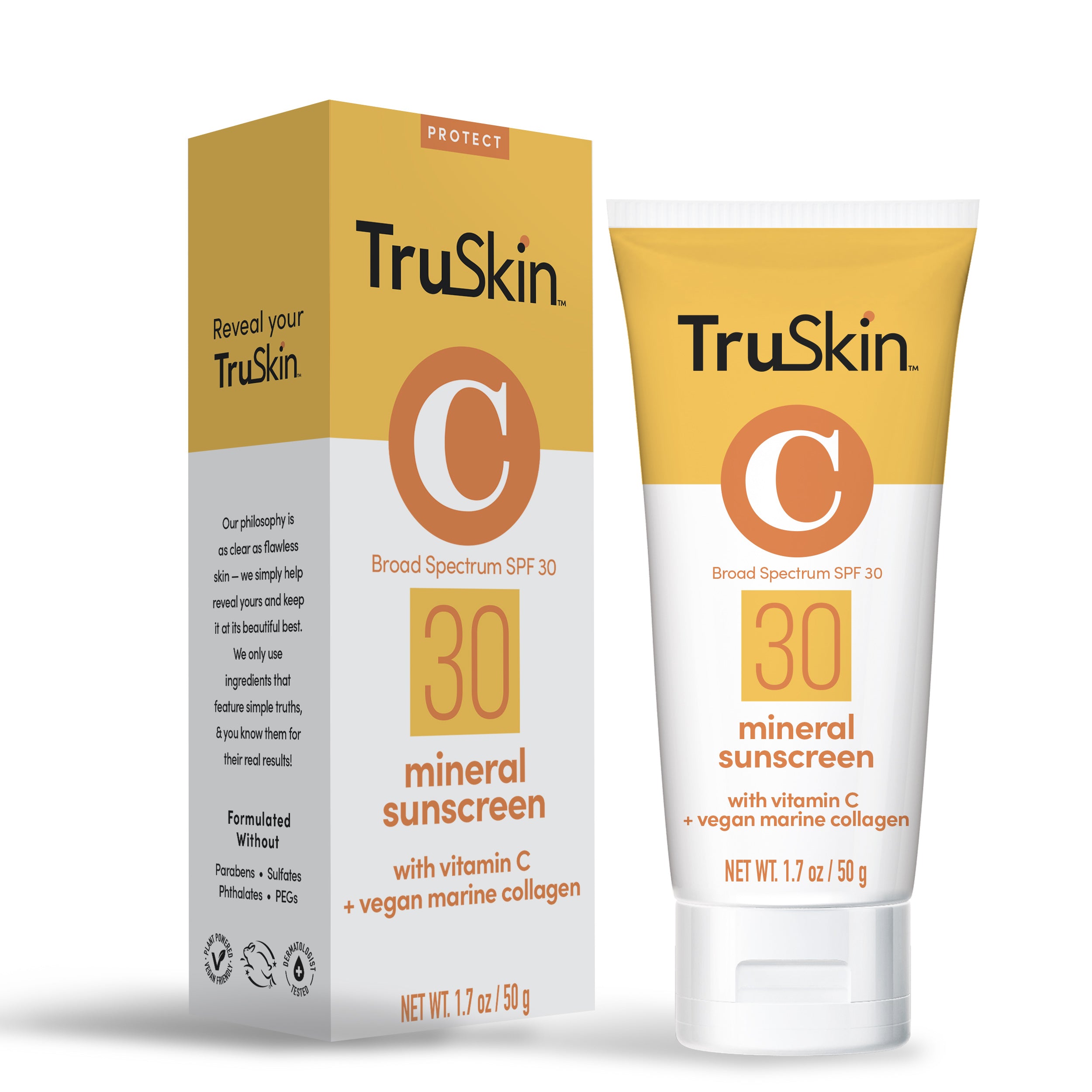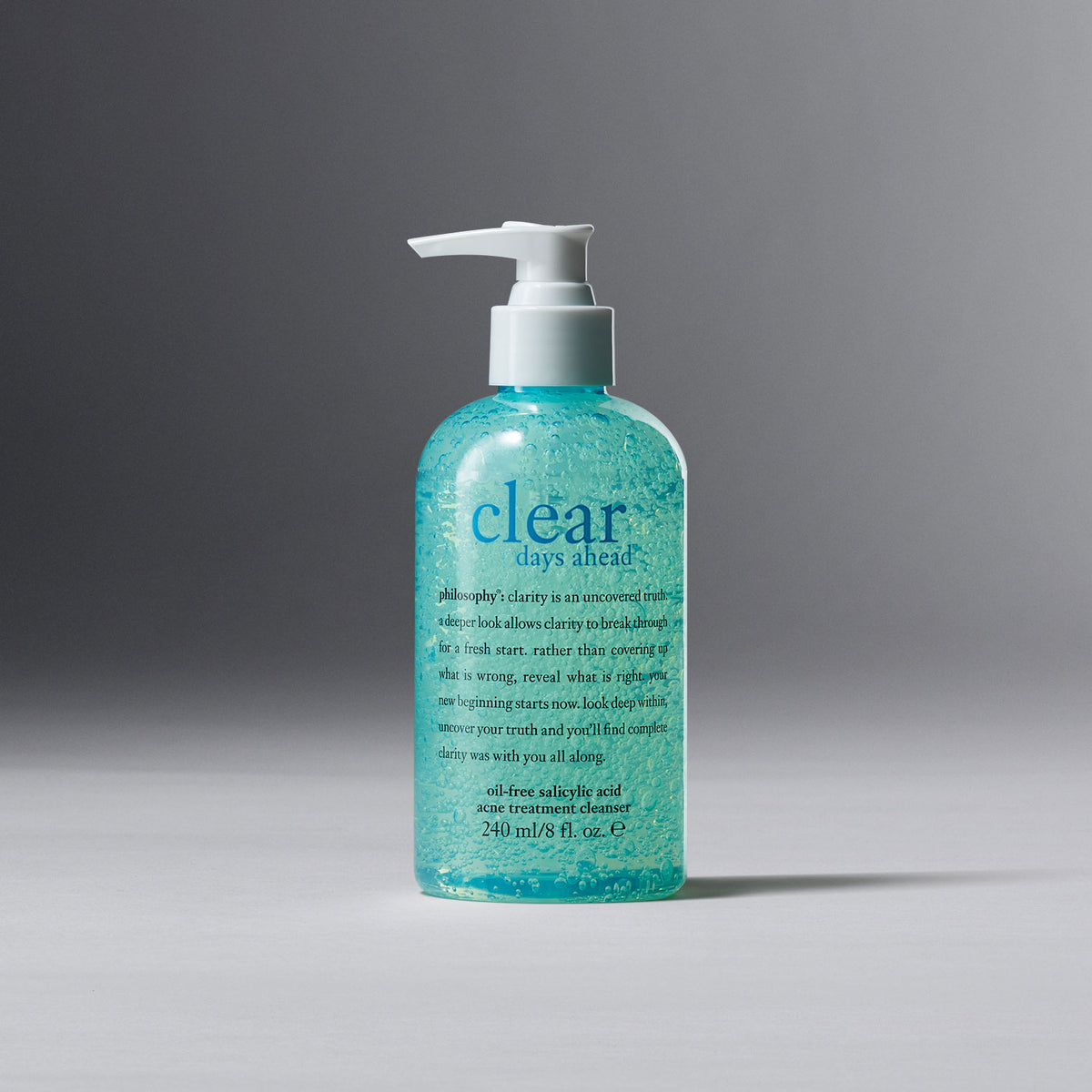Vitamin C is known for its health benefits. But does it help with acne?
Many people struggle with acne and seek effective treatments. Vitamin C, a powerful antioxidant, is often suggested. It promises to brighten skin and fight inflammation. But can it really reduce acne? This blog post explores the truth behind Vitamin C and its impact on acne.
We’ll dive into the science, examine studies, and share expert opinions. Whether you’re curious or looking for a new skincare solution, this post will provide clear answers. Let’s uncover if Vitamin C is the acne remedy you’ve been searching for.
What Is Vitamin C?
Vitamin C, also known as ascorbic acid, is a vital nutrient for our bodies. It plays a crucial role in various bodily functions. This nutrient is known for its antioxidant properties, which help protect our cells from damage.
Vitamin C is essential for the growth, development, and repair of all body tissues. It helps in the formation of collagen, absorption of iron, and maintenance of cartilage, bones, and teeth. But what exactly is it at a molecular level? Let’s explore.
Chemical Structure
Vitamin C’s chemical structure is quite simple yet effective. It is an organic compound with the formula C6H8O6. The structure consists of six carbon atoms, eight hydrogen atoms, and six oxygen atoms. This structure allows it to donate electrons easily, making it a potent antioxidant.
This ability to donate electrons helps neutralize free radicals in the body. Free radicals can cause oxidative stress, leading to various health issues. By neutralizing these free radicals, vitamin C helps protect our cells and maintain overall health.
Sources Of Vitamin C
Vitamin C is not produced by the human body. Therefore, it must be obtained through diet. There are many natural and supplemental sources of vitamin C. Here are some of the most common sources:
- Citrus Fruits: Oranges, lemons, limes, and grapefruits are rich in vitamin C.
- Berries: Strawberries, blueberries, and raspberries are excellent sources.
- Vegetables: Bell peppers, broccoli, brussels sprouts, and spinach contain high levels of vitamin C.
- Supplements: Vitamin C supplements are available in various forms, including tablets, capsules, and powders.
Including these sources in your diet can help you maintain adequate vitamin C levels. This, in turn, can contribute to better skin health and potentially reduce acne.
Vitamin C And Skin Health
Vitamin C is a well-known nutrient with many benefits. It is vital for overall health and wellness. But, its benefits for the skin are especially noteworthy. Many people believe it helps with acne. Does science support this claim?
Collagen Production
Collagen is a protein that keeps skin firm and smooth. Vitamin C helps the body make collagen. It is a key part of this process. More collagen means fewer wrinkles and firmer skin. This can improve the appearance of acne scars.
Antioxidant Properties
Vitamin C is a powerful antioxidant. Antioxidants fight free radicals. Free radicals are harmful molecules that damage skin cells. By neutralizing these molecules, vitamin C can reduce skin damage. This may help with acne by reducing inflammation. Less inflammation can mean fewer breakouts.
Mechanism Of Action
Understanding the mechanism of action is crucial to see how Vitamin C helps acne. Vitamin C, a potent antioxidant, offers various benefits to the skin. It aids in reducing inflammation and hyperpigmentation. Let’s delve deeper into these mechanisms.
Anti-inflammatory Effects
Vitamin C has strong anti-inflammatory properties. It helps reduce redness and swelling associated with acne. By lowering inflammation, it calms the skin and prevents further breakouts. This soothing effect can help keep your skin clear and less irritated.
Reduction Of Hyperpigmentation
Acne often leaves dark spots and scars. Vitamin C aids in reducing these marks. It inhibits melanin production, which lightens hyperpigmentation. Over time, consistent use of Vitamin C can lead to a more even skin tone. This helps in minimizing the visible impact of acne scars.

Credit: www.instagram.com
Scientific Studies
There is much discussion about the effectiveness of Vitamin C for acne. To get a clear picture, we need to look at scientific studies. These studies include clinical trials and expert opinions. Let’s dive into what research has to say.
Clinical Trials
Several clinical trials have explored the impact of Vitamin C on acne. These trials have varied in their methods and results. Here are some key findings:
- Topical Vitamin C: Some studies show that topical Vitamin C can reduce inflammation and redness. This can help with acne scars.
- Oral Vitamin C: Fewer studies have focused on oral Vitamin C. Results are mixed, with some showing no significant effect on acne.
- Combination Treatments: Trials combining Vitamin C with other treatments, like Retinol, show more promise. These combinations can improve skin texture and reduce acne severity.
The table below summarizes the results of some notable clinical trials:
| Study | Method | Result |
|---|---|---|
| Study A | Topical Vitamin C | Reduced inflammation and redness |
| Study B | Oral Vitamin C | No significant effect |
| Study C | Combination with Retinol | Improved skin texture |
Expert Opinions
Experts in dermatology also have varied opinions about Vitamin C for acne. Some believe it can be beneficial, while others are more skeptical. Here are some insights from experts:
- Dr. Jane Smith: “Topical Vitamin C can help reduce acne scars. It promotes collagen production.”
- Dr. John Doe: “Oral Vitamin C alone is not very effective for acne. It’s better to use it with other treatments.”
- Dr. Emily White: “Combination treatments with Vitamin C show promise. They can enhance overall skin health.”
In summary, scientific studies and expert opinions provide a mixed view. Topical Vitamin C shows more promise, especially in reducing acne scars. Oral Vitamin C is less conclusive but may still offer benefits when used with other treatments.
Forms Of Vitamin C For Acne
Vitamin C is a popular skincare ingredient. It is known for its ability to boost collagen production and reduce inflammation. But does it help with acne? To find out, we need to look at the different forms of Vitamin C available for acne treatment.
Topical Applications
Topical Vitamin C is applied directly to the skin. This form is usually found in serums, creams, and lotions. Topical Vitamin C can help reduce redness and swelling caused by acne. It also helps fade acne scars and dark spots. The most common forms of topical Vitamin C are:
- L-Ascorbic Acid: This is the most potent form. It is effective but can be irritating for sensitive skin.
- Sodium Ascorbyl Phosphate: This form is gentler. It is suitable for all skin types and is less likely to cause irritation.
- Magnesium Ascorbyl Phosphate: This form is stable and less irritating. It is a good option for those with sensitive skin.
To use topical Vitamin C, apply it to clean, dry skin. You can use it in the morning or at night, followed by a moisturizer. Always use sunscreen during the day, as Vitamin C can make your skin more sensitive to the sun.
Oral Supplements
Oral Vitamin C supplements are another way to get this essential nutrient. They can boost your immune system and reduce inflammation. This can help improve acne from the inside out. There are different forms of oral Vitamin C supplements, such as:
- Ascorbic Acid: This is the most common form. It is available in tablets, capsules, and powders.
- Sodium Ascorbate: This form is less acidic. It is gentler on the stomach and suitable for those with sensitive digestion.
- Calcium Ascorbate: This form is also less acidic. It is combined with calcium to provide added benefits for bone health.
To take oral Vitamin C supplements, follow the dosage instructions on the package. It is best to take them with meals to improve absorption. Always consult your doctor before starting any new supplement, especially if you have any health conditions or are taking other medications.

Credit: truskin.com
Benefits Of Vitamin C For Acne
Vitamin C is not just a powerful antioxidant. It also has many benefits for acne-prone skin. By incorporating Vitamin C into your skincare routine, you can see improvements in the appearance and health of your skin. Let’s dive into how it helps.
Reduction In Redness
One major benefit of Vitamin C is the reduction in redness associated with acne. Redness can make acne look worse than it is. Vitamin C helps calm the skin and reduce inflammation. This helps soothe irritated skin and lessen the appearance of red spots.
| Benefit | How It Helps |
|---|---|
| Reduces Redness | Calms inflammation and soothes skin |
Improvement In Skin Texture
Vitamin C also contributes to the improvement in skin texture. Acne can leave the skin feeling rough and bumpy. Vitamin C promotes collagen production, which helps in skin repair and smooths out texture. This makes the skin feel softer and look healthier.
- Promotes collagen production
- Smooths out skin texture
- Repairs skin from acne damage
By using Vitamin C regularly, you can achieve clearer, smoother skin. It addresses both the redness and texture issues that come with acne. This makes it a valuable addition to your skincare routine.
Potential Side Effects
Using Vitamin C for acne treatment can be helpful. But, it may have some side effects. Knowing these side effects can help you decide if it’s right for you.
Skin Irritation
One common side effect is skin irritation. This can happen if your skin is sensitive. You might feel a burning or stinging sensation. Your skin may also turn red. This is more likely if you use high concentrations of Vitamin C. To avoid irritation, start with a lower concentration. Increase it gradually as your skin gets used to it.
Allergic Reactions
Some people may experience allergic reactions. Symptoms can include itching, swelling, or hives. These reactions are rare but possible. If you notice any of these signs, stop using the product. Consult a dermatologist for advice.
To minimize the risk of allergic reactions, do a patch test first. Apply a small amount of the product on your wrist. Wait 24 hours to see if any reaction occurs. If your skin stays clear, it is likely safe to use.
How To Use Vitamin C For Acne
Vitamin C is known for its antioxidant properties. It can help reduce inflammation and promote skin healing. Using Vitamin C for acne might improve your skin’s appearance. This guide will show you how to use it effectively.
Application Tips
To get the best results, follow these application tips:
- Cleanse your face: Start with a gentle cleanser to remove dirt and oil.
- Apply Vitamin C serum: Use a few drops on your fingertips.
- Gently pat onto skin: Avoid rubbing to prevent irritation.
- Let it absorb: Wait a few minutes before applying other products.
- Use sunscreen: Vitamin C can make your skin sensitive to the sun.
Recommended Dosage
Finding the right dosage is important. Too much Vitamin C can irritate your skin. Here are some guidelines:
| Skin Type | Recommended Dosage |
|---|---|
| Oily Skin | 5-10% concentration |
| Dry Skin | 10-15% concentration |
| Sensitive Skin | Lower than 5% concentration |
Test the product on a small area first. This will help you see how your skin reacts. Always use products designed for your skin type. Consult a dermatologist if you are unsure.

Credit: philosophy.com
Frequently Asked Questions
Can Vitamin C Cure Acne?
Vitamin C can’t cure acne completely. However, it can reduce inflammation and promote healing. It helps improve skin texture and reduces acne scars.
How Does Vitamin C Help With Acne?
Vitamin C helps with acne by reducing inflammation and redness. It also promotes collagen production, which aids in skin repair and reduces scarring.
Is Vitamin C Effective For Acne Scars?
Yes, Vitamin C is effective for acne scars. It promotes collagen production and helps in skin regeneration. This reduces the appearance of scars over time.
Can I Use Vitamin C Serum For Acne?
Yes, you can use Vitamin C serum for acne. It helps reduce inflammation, redness, and improves skin texture. Always do a patch test first.
Conclusion
Vitamin C offers potential benefits for acne. It reduces inflammation and promotes healing. Consistent use can improve skin health. But, results vary for each person. Always consult with a dermatologist. A balanced diet and skincare routine are essential. Vitamin C is just one piece of the puzzle.
Don’t rely on it alone for acne treatment. Explore other options and stay informed. Your skin deserves the best care.

